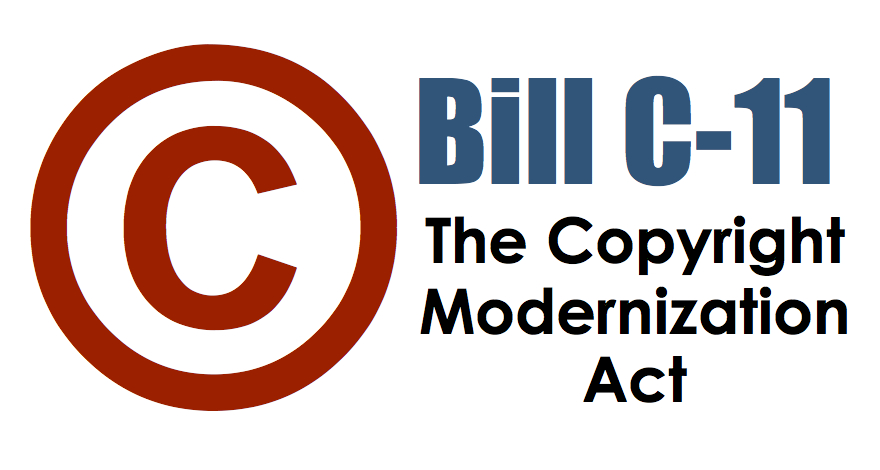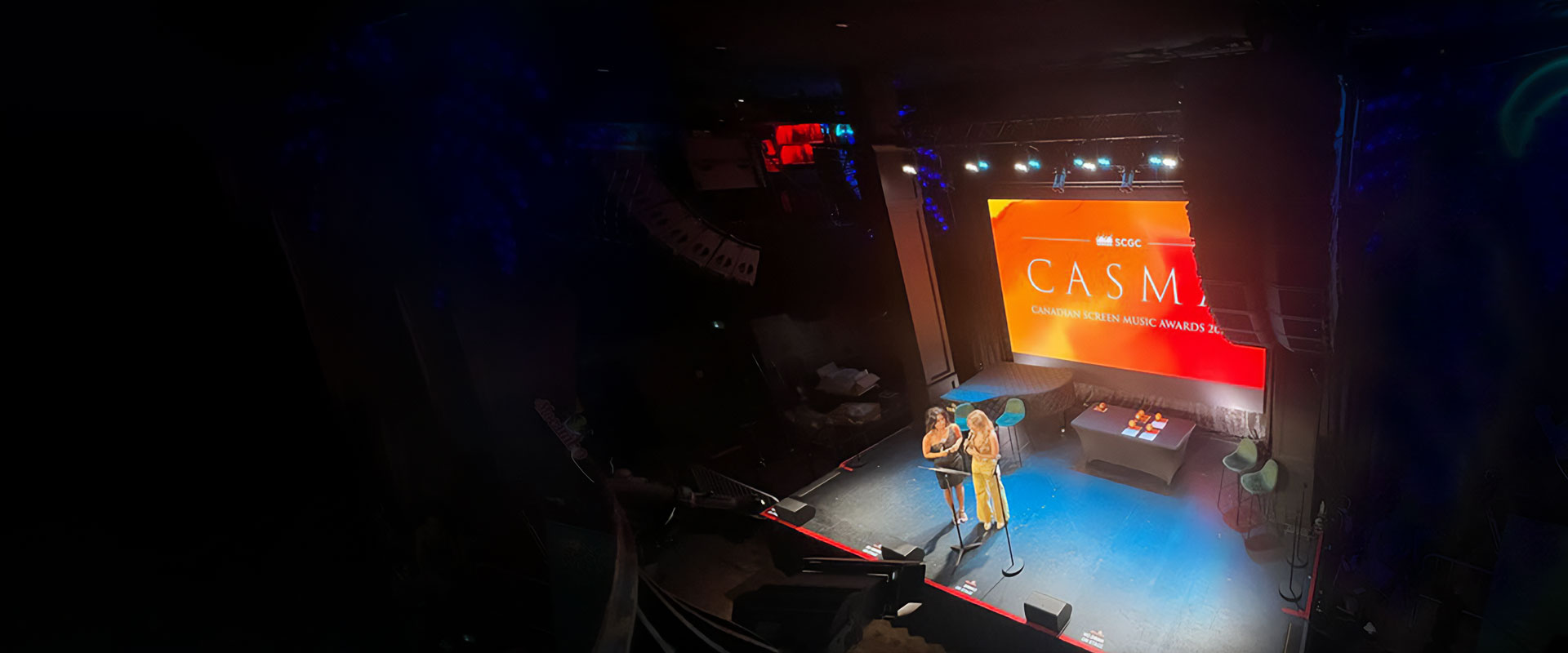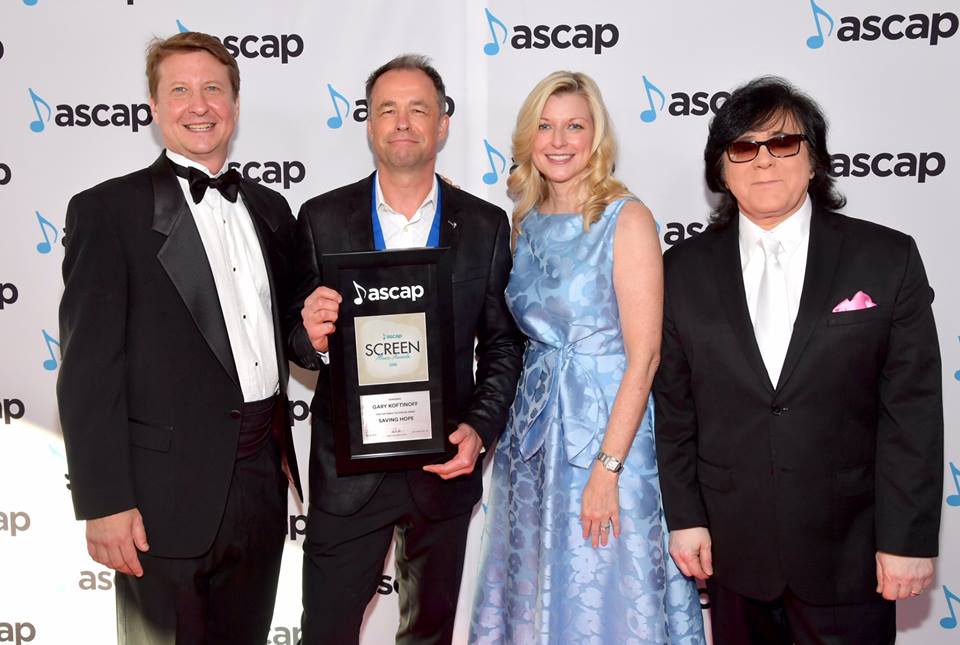View from the Podium
by John Rowley, Vice President
guest contributor
“We need to talk writer’s share.”
Ever heard that chilling line from someone with the power or influence to hire or fire you?
Me too.
It is an open secret that some players in our industry have made a practice of routinely asking or demanding that they be added as co-writers of a composer’s works on a project’s cue sheet — even though they are not, in fact, co-writers with the composer to whom the request or demand is made. Such requests or demands often come with an implied or explicit threat: if you do not acquiesce, you will not be eligible for the gig, you will lose the gig, you may be undermined as you work, or your career will suffer for it.
Requests or demands of this nature — and the threats with which they are often accompanied — are improper, unethical, and discriminatory to composers’ intellectual property and moral rights as independent creators, plain and simple. They should have no place in Canada’s publicly-supported, regulated and mandated audiovisual industry. SCGC is committed to helping bring such improper practices to an end and has been working closely with SOCAN on the issue for some time.
In a recent communication requested by SCGC, SOCAN’s legal team clarified that participation in the 50% writer’s share of performance royalties (PR) is only available to the actual writer(s) of a work. Put another way, under SOCAN’s rules a non-writing party may only participate in the 50% publisher’s share of PR.
SOCAN has also made it clear that a work registration which falsely identifies a non-writer as a writer may breach its membership agreement and may therefore threaten the good standing of those members involved in a false work registration. In other words, false work registrations not only threaten the good standing of a non-writer identified as a writer, but also the actual writer’s good standing. That means you.
A false work registration is also likely to threaten the good standing of producer members, since it is ultimately a producer’s responsibility to approve, and ensure the accuracy of, cue sheets.
Moreover, the potential negative legal implications of false work registrations resulting from improper demands are significant.
Where a registration becomes contested, a work (and its associated PR royalties) may become mired in costly legal proceedings for years. Where royalties have been improperly directed to a party who was not entitled to receive them, monetary damages may be due to the party who should have received them. And if an arrangement was unconscionable or illegal to begin with? Then the agreement could be rescinded.
So, what can be done to bring an end to this improper business practice? The simplest answer is this: do not agree to such requests or demands. These improper practices can only flourish in the dark corners of our industry when we fear the consequences of speaking about them. When a light is shone upon them, they tend to shrivel.
If improper requests or demands are made of you, call out the practice. And please reach out to an executive board member of the SCGC. The SCGC is here to help you in tricky situations like these.
Also, know that you have a right to fair and ethical treatment in this industry.
The Canadian Creative Industries Code of Conduct provides “a commitment by engaged stakeholders to shift the culture, to prevent and respond to harassment including sexual harassment, discrimination, bullying and violence and to ensure every workplace is one where safety, respect and professionalism are the norm.”
In becoming signatories to the Code of Conduct, key industry stakeholders, including SCGC, SOCAN, the Canadian Media Producers Association, the Guild of Music 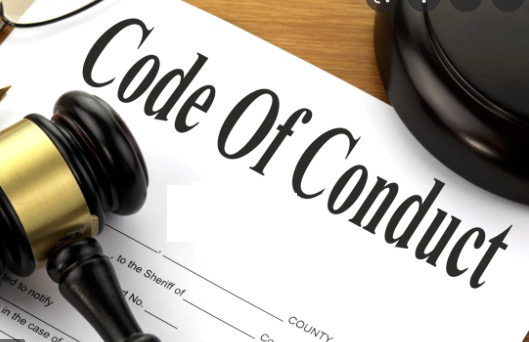 Supervisors, Canada, have committed to “to zero tolerance for these harmful behaviours.”
Supervisors, Canada, have committed to “to zero tolerance for these harmful behaviours.”
The Code of Conduct’s authors go on to state:
The Code of Conduct reinforces the concepts of zero tolerance, proportional consequences, consent-based interactions and no retaliation. It calls on signatories to encourage good-faith reporting and timely investigations. It better defines workplace and work-related activities and identifies gender equality and diversity as paths to changing behaviour. The Code demonstrates the industry’s commitment to shared action and is intended to be a living document that will be regularly informed by best practice.
SCGC is currently working with SOCAN on a further communication which it is expected will aid screen composers in pushing back against unethical and improper requests from producers, their intermediaries, and anyone else placed into a position of authority over a composer. More on this in the near future.
In the meantime, if an improper request or demand is made of you by a producer or their intermediary, I encourage you to speak up, stand up, and just say no to anyone who attempts to bully, harass or discriminate against you in this way.
The bullies are few. We are many. And we have the benefit of being on the right side of this issue. Enough is enough.
SOCAN’s communication regarding Writer’s Share is available here:
https://www.socanmagazine.ca/sound-advice/
–
**********************
–
An update on how the
SCGC is fighting for your rights!
–
—
–
Bill C-11: A Big Step Forward for Culture
https://cdec-cdce.org/en/
Why Are Screen Composer Royalties Lower in The Streaming World?
https://www.socanmagazine.ca/
Bill C-11 on Broadcasting: Frequently Asked Questions
https://cdec-cdce.org/en/c/bill-c
SCGC Board Member Amin Bhatia speaks to the decline in royalties screen composers are experiencing
from digital platforms, and now Bill C-11 Could Help
(Article by Marie Woolf at The Canadian Press)
https://www.theglobeandmail.com/
John Welsman SCGC Advocacy Update
https://www.youtube.com/watch?v=g43EL3o2juU
Click here to support Bill C-11
https://cdec-cdce.org/en
**********************

–
—
N E W S L E T T E R
SOCAN’s Annual Collections Expected to Exceed $416 million
Despite the challenges of 2021 in the wake of the COVID-19 pandemic, for the first time in its history SOCAN’s total annual collections for licensed music are expected to exceed $416 million, a 3% increase over the previous record of $405.6 million set in the financial year 2019. Read more here.
Distribution Rule Change for Background Music Used in Internet Audio-Visual Productions
SOCAN has determined that background music used in internet audio visual productions (for Netflix, Crave, Illico etc) should be paid at the same rate as theme/feature music.
Prior to the change, background music was paid at 60 percent of theme/feature music. The distribution rule change to 100% should be a welcome and positive development and further underscores the value that background music brings to the viewing experience. It’s important to note that this rule change applies to internet av performances and not traditional broadcast and cable. Read more here.
Congratulations to all the 2022 Canadian Screen Award Winners
SOCAN was thrilled to be able to celebrate the 2022 SOCAN member CSA nominees in person again at a special reception at the Gladstone hotel. Great to see you!
Cue Sheet Hackathon hosted by Screen Composers Guild of Canada & SOCAN.
(see also ‘Cue Sheet Palooza’ below)
SOCAN hosted a one-of-a-kind cue sheet hackathon on April 9-10. Software developers and designers, along with music and tech-industry mentors, showcased their creativity to re-think and re-define the cue sheet process for screen composers and music publishers. We will be looking closely at their efforts to understand how they might be integrated into our current process.
Read more here.
**********************
Cue Sheet Palooza? Huh?
by Darren Fung
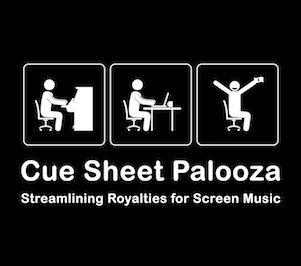
SCGC & SOCAN, with very generous financial assistance from The Canada Council for the Arts, Dolby.io, Music Publishers Canada, the SOCAN Foundation, and the City of Toronto recently partnered on Cue Sheet Palooza, a hackathon that aimed to explore new digital solutions that would allow music creators and stakeholders to get paid for their screen-based performance rights royalties faster and more precisely.
So what the heck is a hackathon?
A hackathon is where software developers are invited to rethink processes and solutions to a problem.
In our case, we asked our hackers to look at how cue sheet data was created and then ingested by a PRO, using partner’s API’s.
The SCGC, together with partners from SPACQ, S.A.C., and the Guild of Music Supervisors Canada, embarked on an investigative phase where focus groups and surveys were conducted with members of various stakeholders organizations to gather valuable feedback on the current cue sheet workflow. Not only did the investigative phase provide the context needed to issue out challenges to our hackers, it provided real, unfiltered feedback to the highest levels of SOCAN leadership on what its AV members are looking for to better the cue sheet process.
With help from various mentors, developers were baptized by fire into the crazy world of cue sheets and had 24 hours to create prototypes of a cue sheet solution, using API’s from our partners Dolby.io, SOCAN, BMAT, CueDB, Jaxsta, Musiio, Luminate, Consensys, and Shazam.
The winners of the hackathon were:
First Prize ($3,000):
Natajia Chestopalova, Rudolf Olah
Second Prize ($2,000):
Gideon Moyo
Third Prize ($1,000):
Dillan Hoyos, Mark Sherriff, Ashley Tajarrod, Leandro de Paula, Steven Chan
The SCGC is looking forward to working with SOCAN to identify opportunities for further growth in the cue sheet area, based on the results of this hackathon! Stay tuned!

–
–
–
–
Check out the SCGC’s latest member news and events on our social media platforms:
Instagram: https://www.instagram.com/screencomposers/?hl=en
Facebook: https://www.facebook.com/ScreenComposers
Twitter: https://twitter.com/ScreenComposers
Or at our website: https://screencomposers.ca/
The SCGC congratulates SCGC members
Erica Procunier, Ari Posner, Amin Bhatia, Rob Carli, Peter Chapman,
TiKA Simone & Casey Manierka on their Canadian Screen Awards!
Erica Procunier won Best Original Music, Non-Fiction (TV) for The COVID Cruise.
Ari Posner, Amin Bhatia, Kris Kuzdak, and Chris Tait won Best Original Music, Animation (TV) for
Let’s Go Luna – “The Way of The Gaucho” episode.
Rob Carli and Peter Chapman won Best Original Music, Fiction (TV) for
Wynonna Earp -“Better Dig Two” episode.
TiKA Simone and Casey Manierka-Quaile won Achievement in Music – Original Song for
“And Then We Don’t” from Learn to Swim.
********************
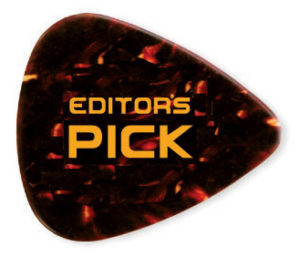 Editor’s Pick
Editor’s Pick
by Virgina Kilbertus
Film/TV Labor Unions Rift in Canada Widens Over Streaming Wars
https://www.hollywoodreporter.com
The Film and TV Tax Credit Race Is Getting Even More Competitive
https://www.hollywoodreporter.com/business
Copyright Royalty Board Rejects Mechanical-Rate Freeze
https://www.digitalmusicnews.com
Oscar Nominees Speak Out on Red Carpet About Being Relegated to Pre-Show
https://deadline.com/2022/03/oscars-nominees
Soundcloud’s Annual Revenues Topped $218M in 2020 – And It’s Been Making Bold Moves Ever Since
https://www.musicbusinessworldwide.com/soundcloud
Music Industry Has Made ‘Insignificant’ Progress for Female Songwriters, Artists and Producers: USC Annenberg Study
https://variety.com/2022/music/news/
6 AI-Powered Intelligent Plugins That Could Change the Way You Make Music
https://www.musicradar.com/news/
10 DIY Hacks to Improve Your Home Recording Studio
https://www.makeuseof.com/





